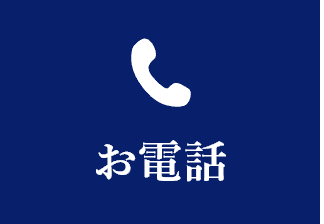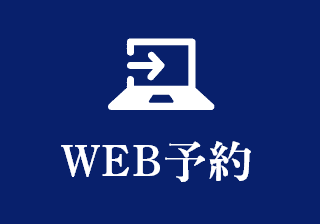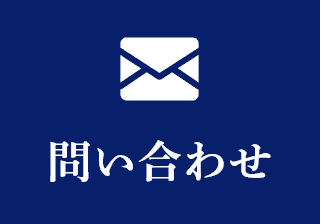Proper Handling of Infectious Medical Waste — Invisible Measures Support Safe Dental Care
Hello. I’m Masa from the Clinical Department. In this article I will clearly explain “infectious medical waste,” a matter that requires constant attention in medical settings, based on clinical experience and legal standards. I hope learning about our practices will ease any concerns you may have.
What is infectious medical waste?
Infectious medical waste is material contaminated with infectious substances such as blood, saliva, or pus that poses a risk of spreading infection. Common examples in dental practice include:
- Used needles, scalpels, and other sharps
- Gauze or cotton contaminated with blood or saliva
- Extracted teeth
- Some disposable gloves and masks that may be contaminated
Why must it be handled specially?
If infectious waste is not properly treated, it can cause:
- Increased infection risk for medical staff and waste handlers
- Potential spread of infection into the community
- Environmental pollution (from improper incineration or dumping)
Legal responsibilities and our standards
Treatment of infectious waste is governed by laws and guidelines (infection control standards, waste disposal regulations, etc.), which require medical facilities to manage, record, and report appropriately. Our clinic follows these standards and has established a reliable management system.
Our specific measures (procedures implemented in the clinic)
- Segregation and storage: Waste is separated and stored by type in yellow/red designated containers.
- Sharps disposal: Sharps are placed directly into puncture-resistant containers to ensure safety.
- Collection and final treatment: Licensed specialist contractors are commissioned for collection and proper incineration.
- Staff training: Regular training on standard precautions, waste handling procedures, and emergency response.
- Record keeping: We maintain records of waste volumes, collection dates, and contractors to ensure legal compliance.
A request to patients and reassurance
Patients normally will not touch infectious waste directly, but please do not pick up instruments or cotton that may fall during treatment. The unseen infection-control measures we take help protect your safety.
Our goal
We aim for zero nosocomial infections and take meticulous care in daily practice. Medical safety depends not only on clinical skills but also on unseen efforts such as waste management and staff education. Our team is committed to maintaining an environment where you can attend with confidence.
Clinical Department Team — Masa
To book a consultation today, please click here.
(Information for Tokyo International Dental Clinic Roppongi)
Address: TIDS Building 2F, 5-13-25 Roppongi, Minato-ku, Tokyo (along Otafuku-zaka)
Phone: 03-5544-8544
Nearest stations: Azabu-Juban Station (Namboku & Oedo Lines), Roppongi Station (Hibiya Line)
- To the clinic: About a 5-minute walk from Toei Oedo Line “Azabu-Juban” Exit 7 — see the route video to the clinic.
- About a 5-minute walk from Tokyo Metro Namboku Line “Azabu-Juban” Exits 4/5 — see the route video to the clinic.
- About a 10-minute walk from Tokyo Metro Hibiya Line “Roppongi” Exit 3 — located along Otafuku-zaka behind the Toyo Eiwa Jogakuin junior high school ground.















